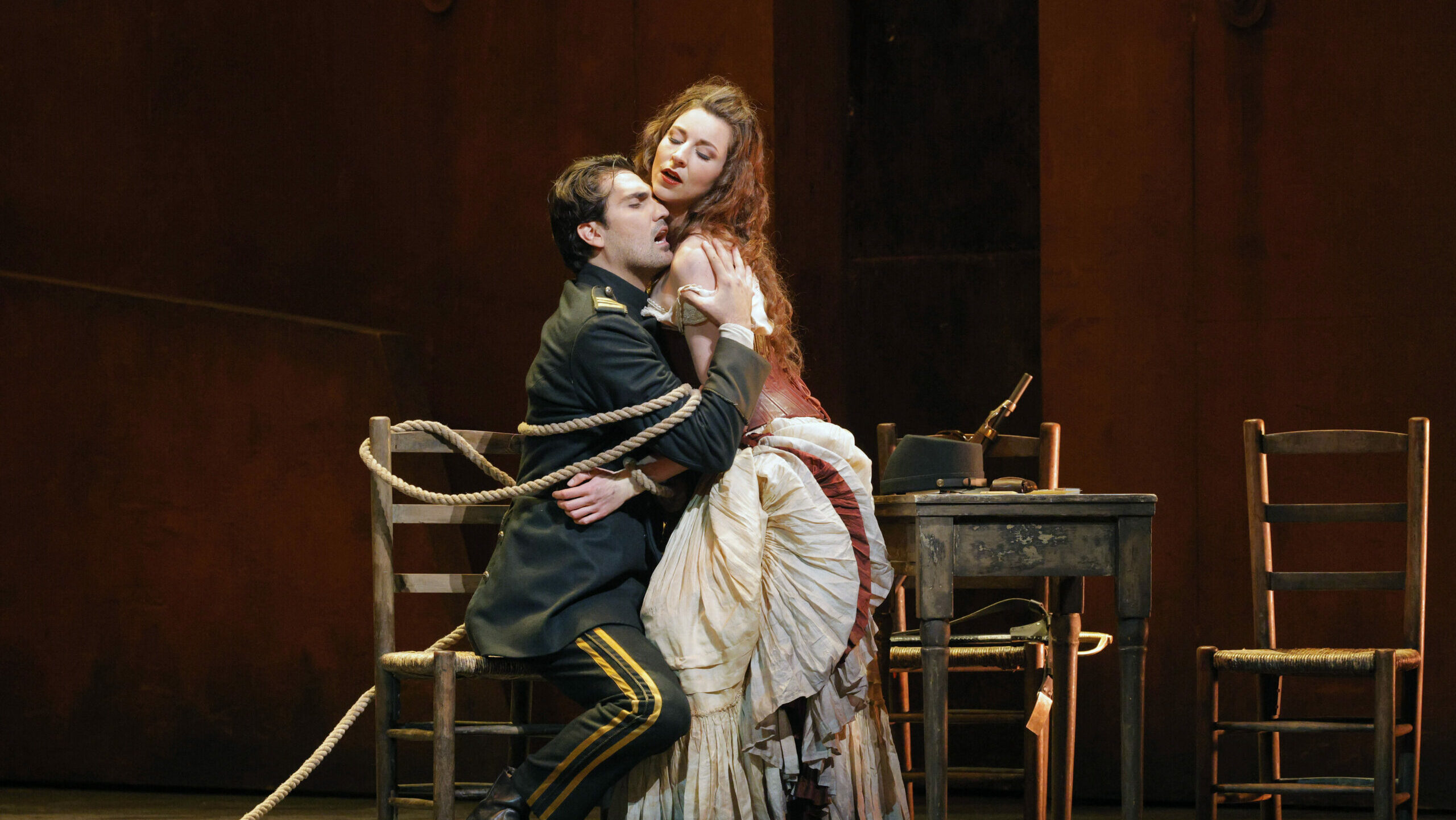

First place winner, soprano Lydia Grindatto
As parterre readers may know, I’ve been a long-time attendee of the Academy of Vocal Arts, including a number of their Giargiari Bel Canto competitions. These always have a special sense of occasion, but perhaps even more so this year: the timing intersected with Opera Philadelphia’s Festival O22, and it felt somehow felicitous that even as I sat in the Kimmel Center’s Perelman Theater, a block away at the Academy was Rossini’s Otello.
More to the point, this is likely the best Giargiari year in my experience, evidenced in several important ways.
The first was a very wise decision to give each of the 12 young singers—all resident artists at AVA in different stages of their multi-year intensive training—the opportunity to sing two arias, rather than one. Two arias is, I think, the standard for a number of similar competitions, and for good reason. It can be a chance for the singers to shake off nervousness and warm up; it can also show different styles.
In addition, this particular group were of an unusually high quality, which made the competition… well, highly competitive. During the interval, I listened in on several conversations among audience members, and virtually everybody was having a hard time selecting only a couple of favorites. (Giargiari has a total of three awards: a first- and second-place, selected by a group of judges; and an audience favorite, chosen by a ballot given to attendees.) In fact, at the time the winners were announced by company Vice President and General Manager Scott Guzielek, he noted that Stephanie Blythe—one of the judges—had talked about what a particularly high standard it was.
Ah, yes—the winners, all three names to note and remember:
Lydia Grindatto (First Place). This soprano, a second-year artist, also impressed me last year as Tatiana in AVA’s Eugene Onegin, both for her lovely and distinctive soprano, with its vibrant glow; and for her committed and detailed acting and presence. Both were evident here as well. This was a case where the second aria really clinched the deal. First, she offered “Donde lieta” from Bohème, which had shape and poise, with all the technical details mastered, but it didn’t register as particularly special. In the second half, she sang a much less common piece – “Robert, toi que j’aime” from Robert le diable—which sprang to life with radiant commitment and a gorgeous sheen in the upper octave.
Benjamin Dickerson (Second Place). I’ve followed this third-year resident baritone with interest since I first heard him at AVA in a group recital. He impresses especially as an artist with fastidious taste and elegance; he reminded me instantly of Sanford Sylvan, a favorite singer of mine—and as with Sylvan, I can imagine that Dickerson will make a major career in concert music as well as opera. His first aria, Pierrot’s Tanzlied from Die tote Stadt, given with a Lieder singer’s attention to words and shapes, was to my mind the most impressive single offering of the evening. His second aria, “Nemico della patria” from Andrea Chenier, stretched him—I can imagine hard-core Verismo fans would want more snarl and incipient bite in the sound. To Dickerson’s credit, though, he never pushed, and it was wonderful to hear such an immaculate legato line in music that doesn’t always get it.
Angel Raii Gomez. A second-year resident, Gomez received the audience prize, which I could have predicted from the first half. His melting lyric tenor has just the kind of glow and ease on high that dazzles, and both of his arias – “Languir per una bella” from Italiana in Algeri, and “Ah, mes amis” from, of course, La Fille du Régiment clearly raised the temperature in the room. The parade of high Cs in the Donizetti was indeed a marvel, including that in each sequence he bound the repeats together with exceptional smoothness. There’s room for further technical refinement, but Gomez is a performer to watch—including a captivatingly relaxed ease and charm which, like the voice, makes one remember the young Pavarotti.
Personally, my choice would have been Dickerson for first place, and Grindatto for second. But that’s a pretty close, and I can’t dispute the results here. Still, I want to also call out two singers in particular whom I think deserve special attention:
Kevin Godínez. This second-year resident baritone has a particularly luscious chocolate-y color to his sound—every note was an aural pleasure. He showed excellent line in “Cento leggiadre vergini” from Il Corsaro. But the real breakout was in Gianni Schicchi’s “Ah, vittoria!,” where Godínez’s ease and visible good humor were absolutely captivating—and the piece was well and truly sung.
Cumhur Görgün. The only first-year artist in this year’s Giargiari competition, this young Turkish bass certainly made me sit up and take notice. Physically quite slight—and of course, also young—Görgün’s sound already suggests a true basso cantante. The second aria, “Come dal ciel precipita” from Macbeth, really calls for more consistent tonal weight, which I imagine will come with time. But he absolutely shone in Barbiere di Siviglia’s “La calunnia,” delivered here with sly innuendo and welcome understatement in a way that made the old chestnut sound fresh and genuinely funny.
I certainly look forward to hearing all these artists—and several of the other contenders—again during AVA’s season.


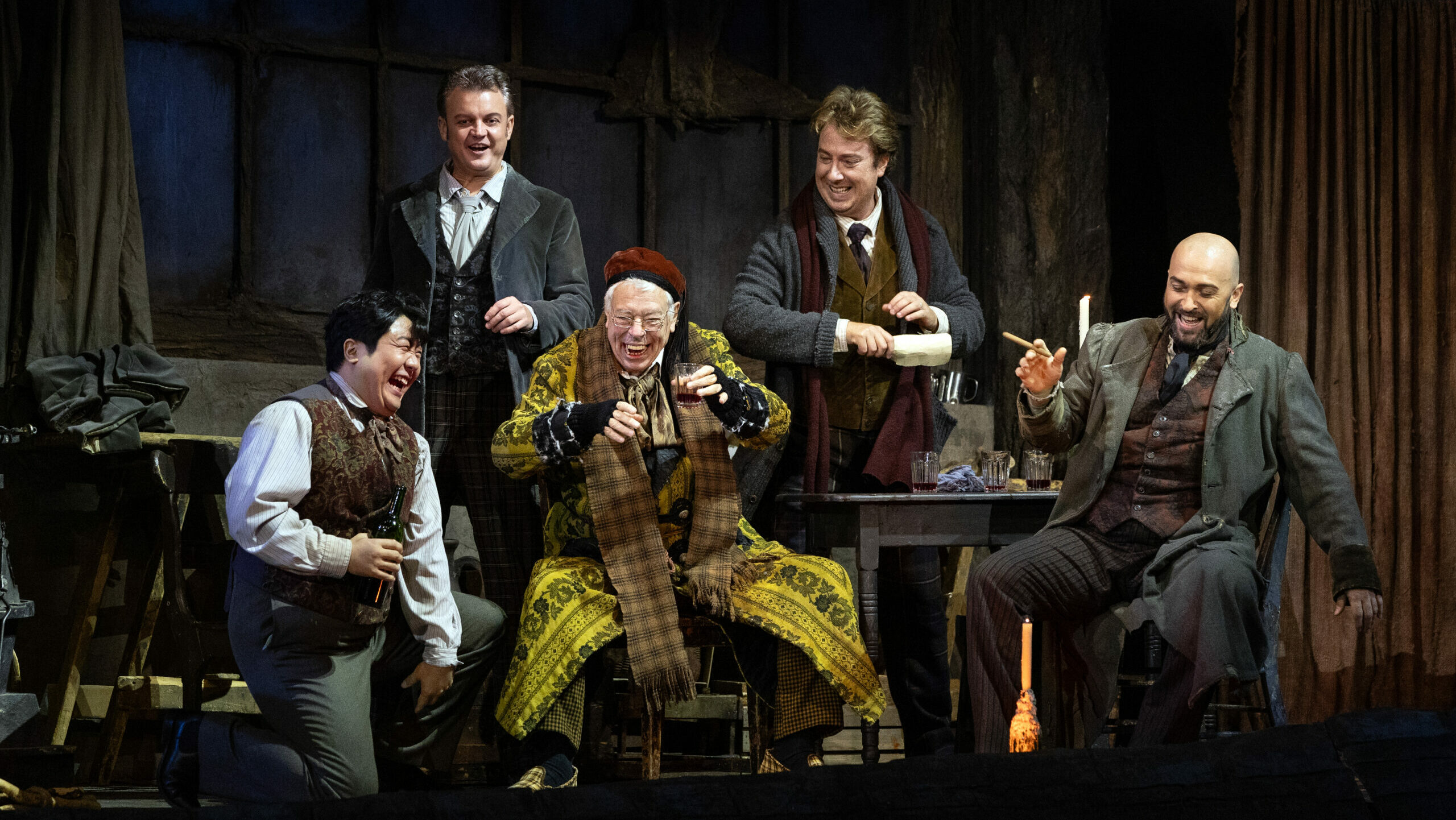
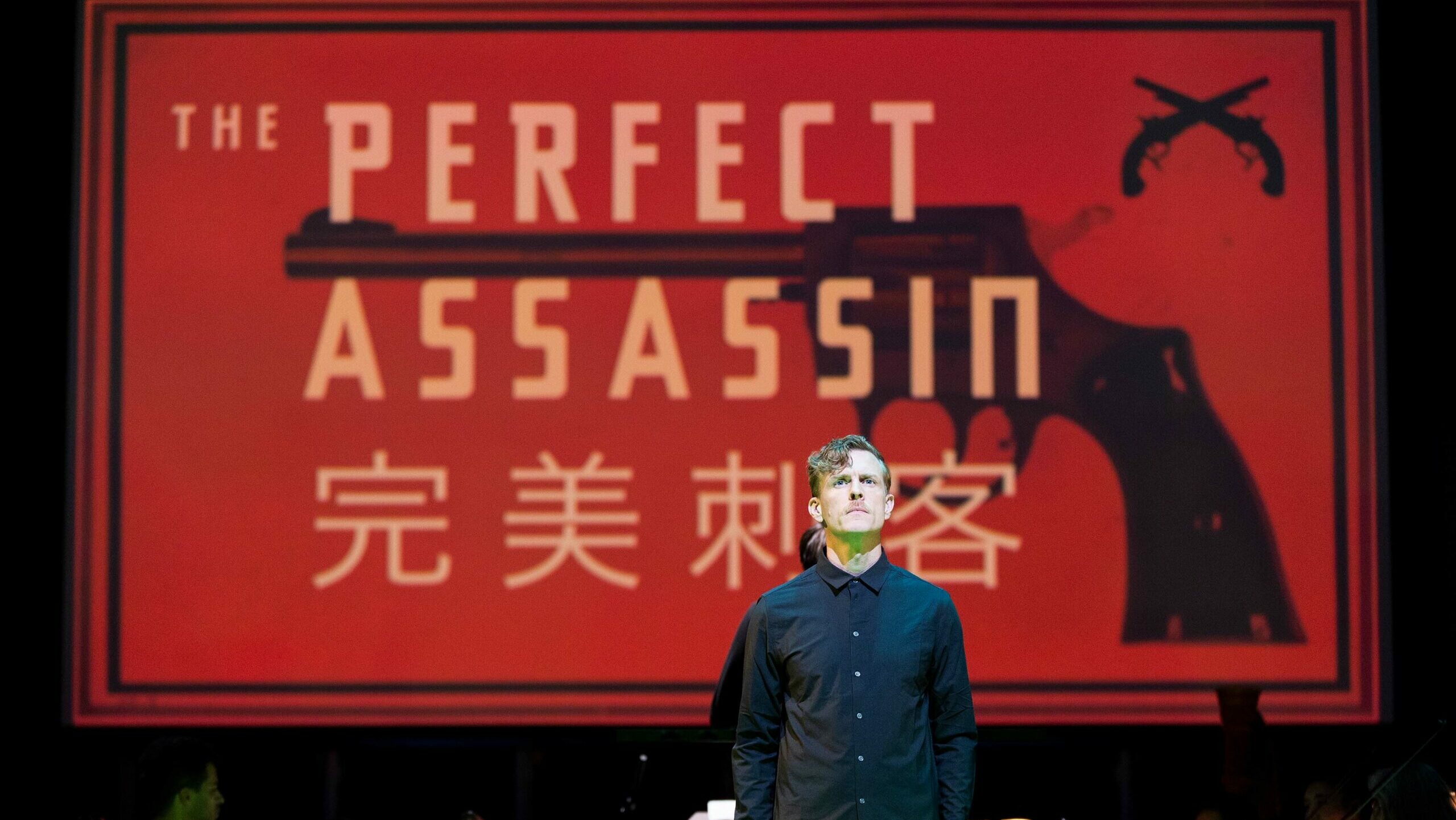
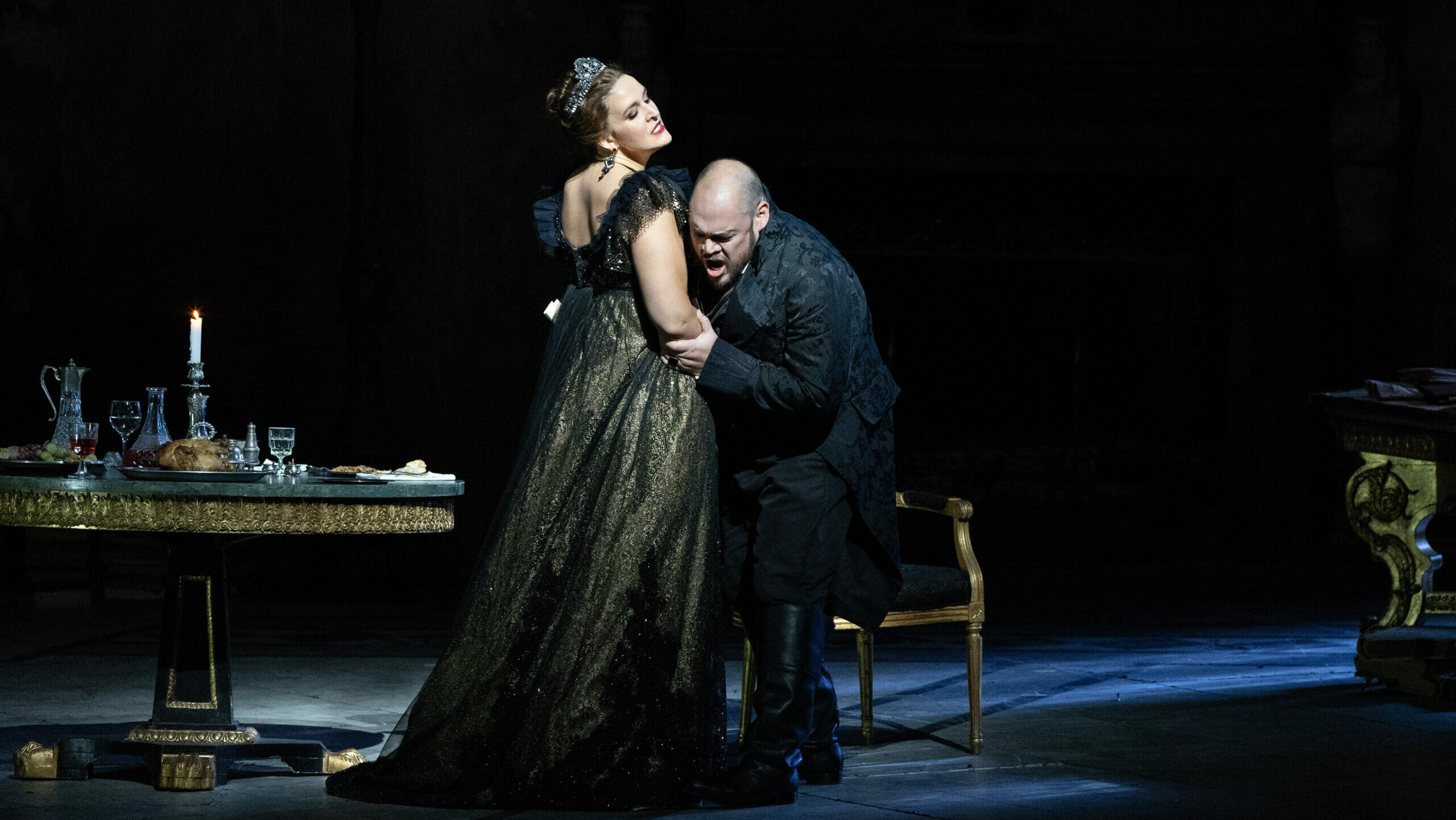

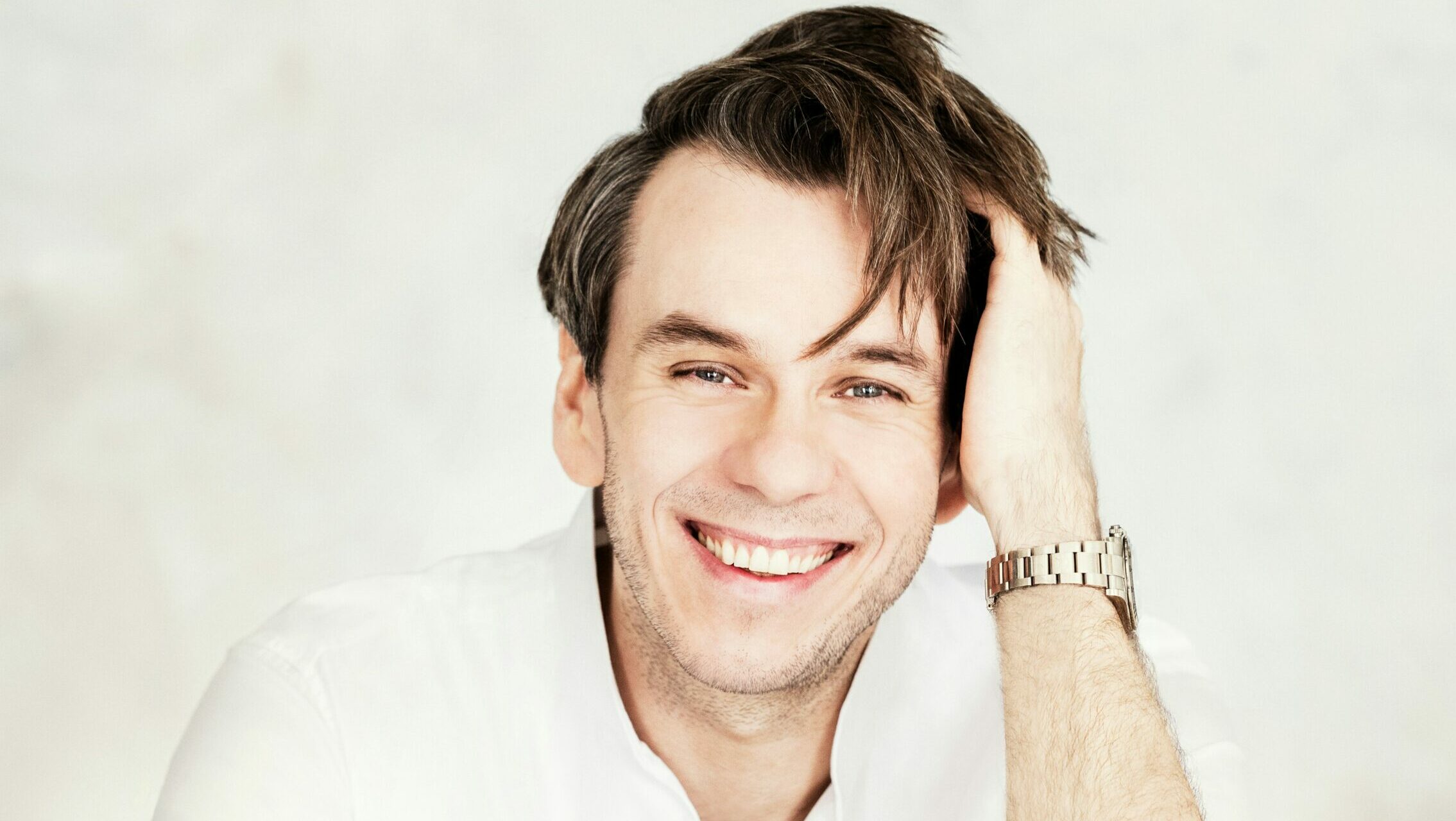
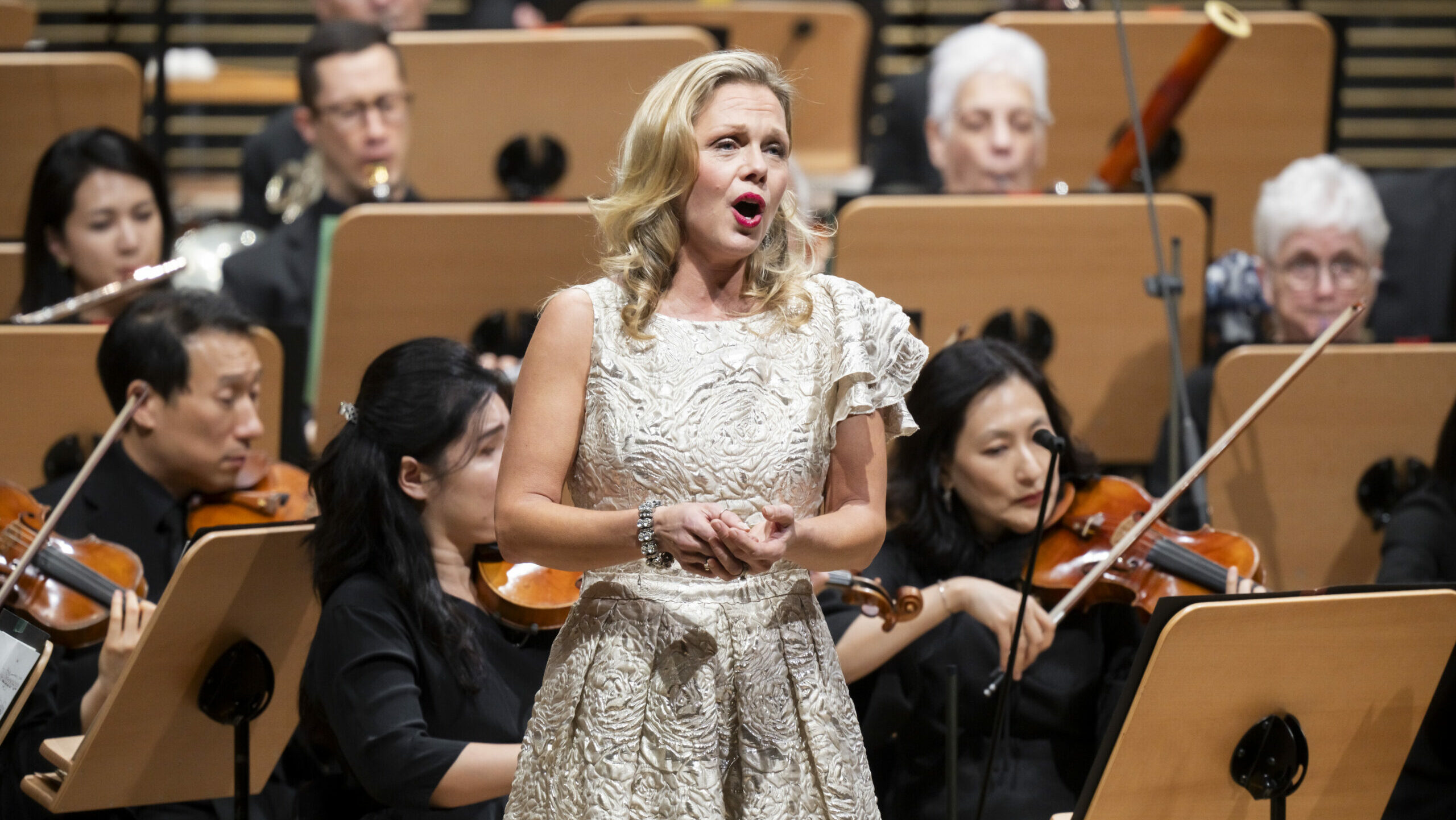
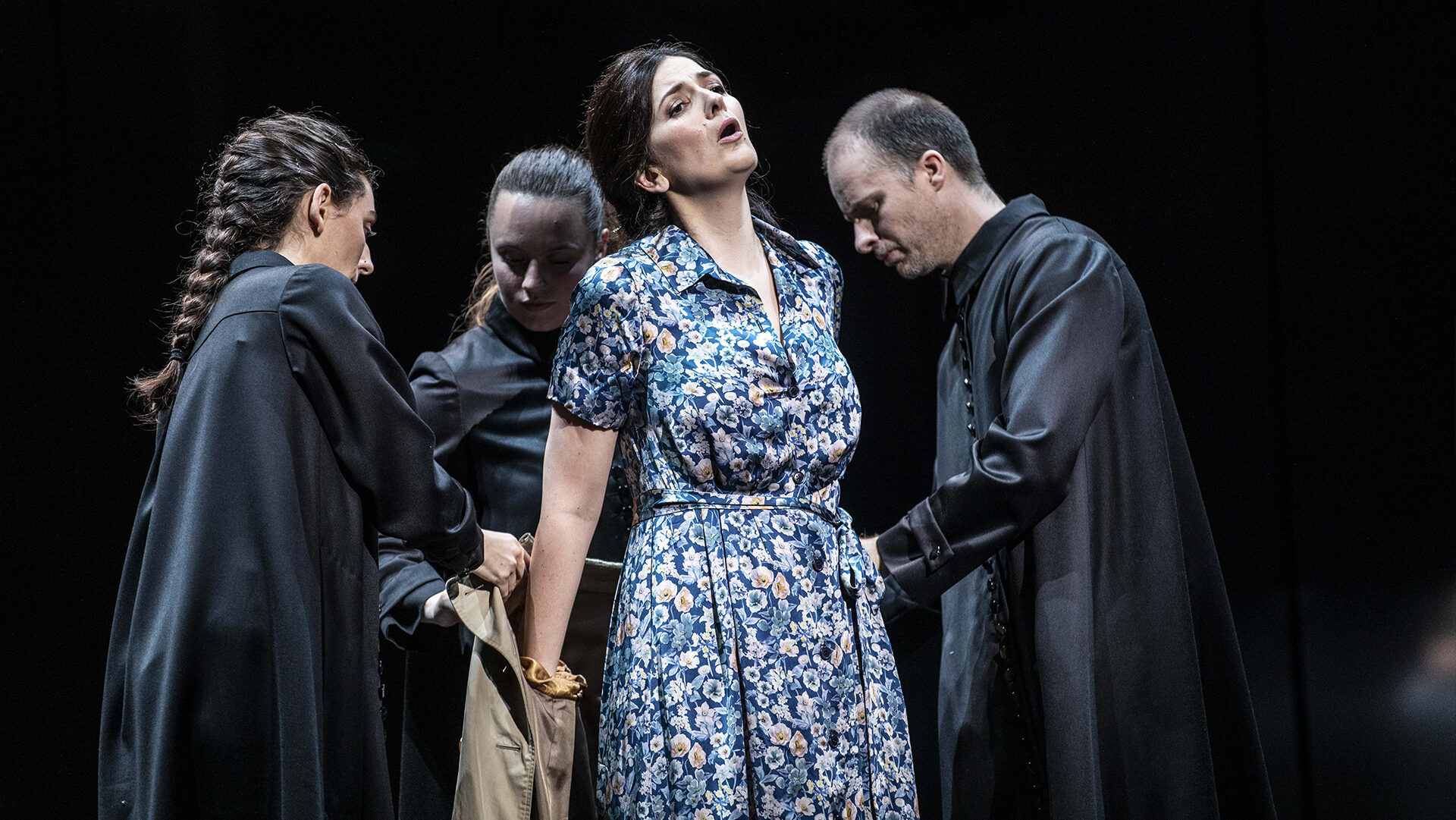
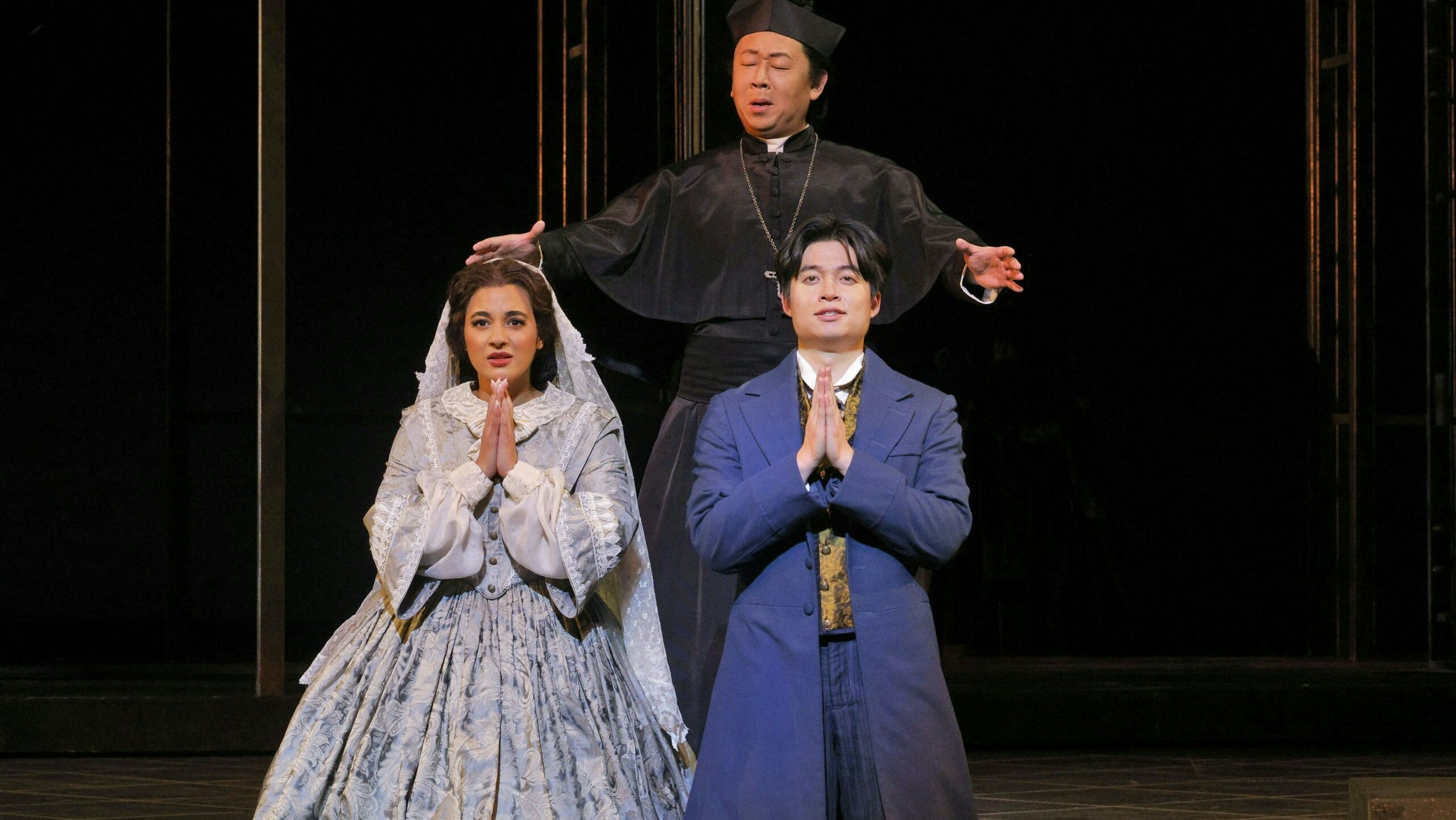
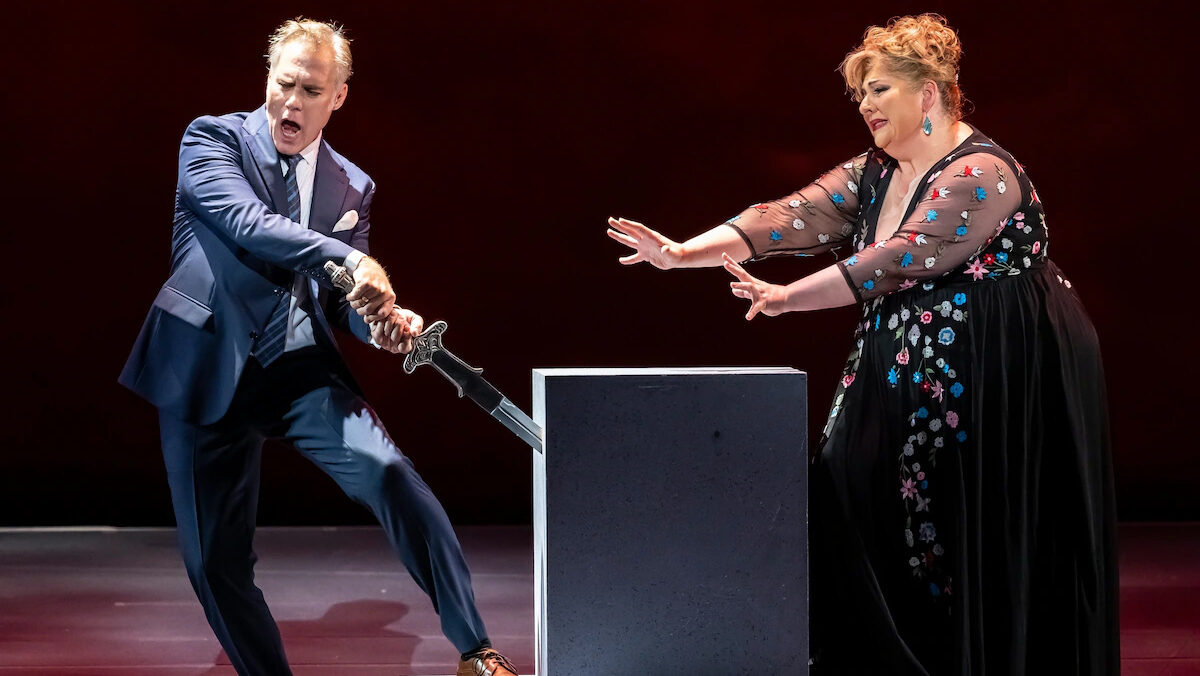
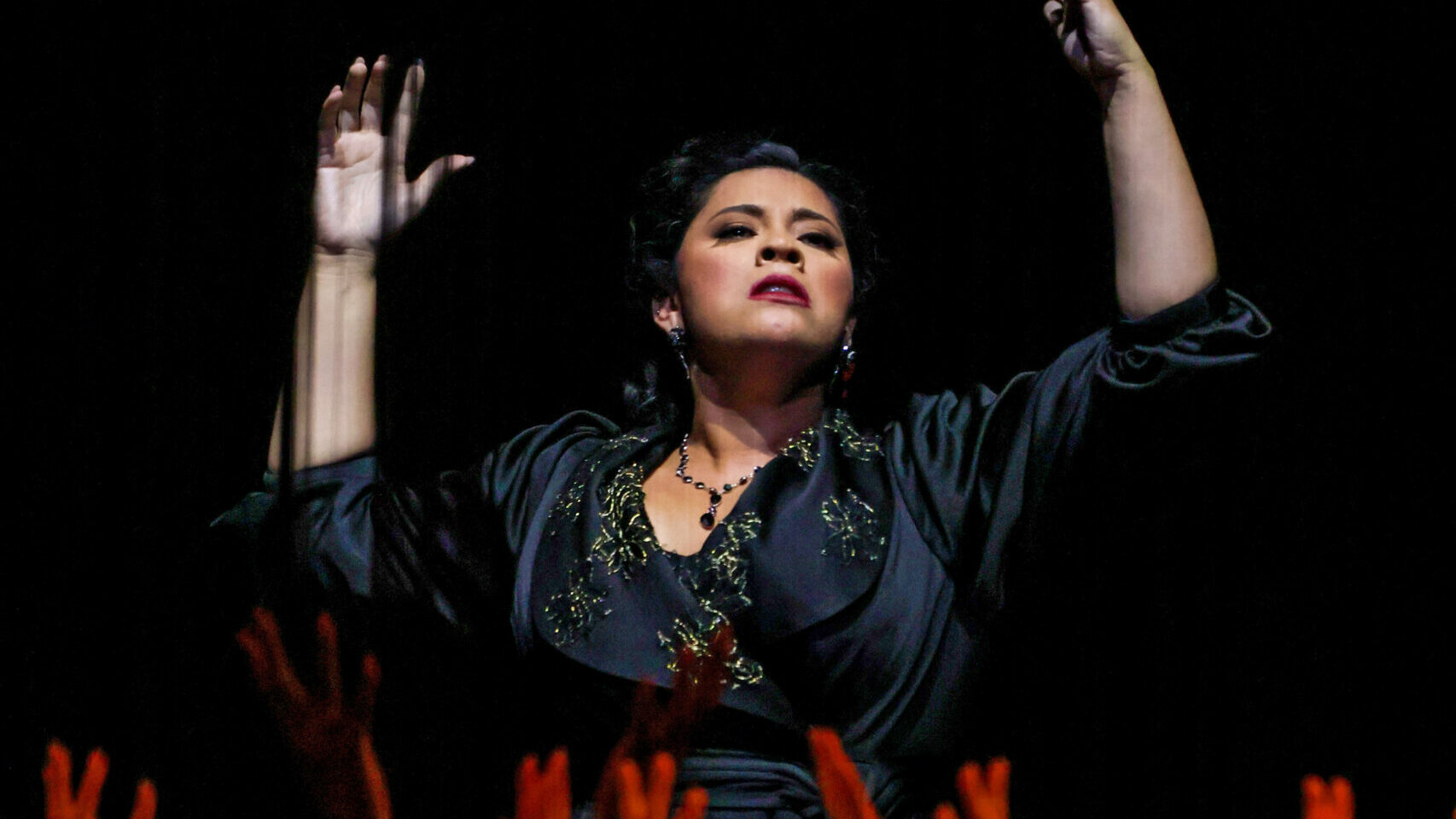
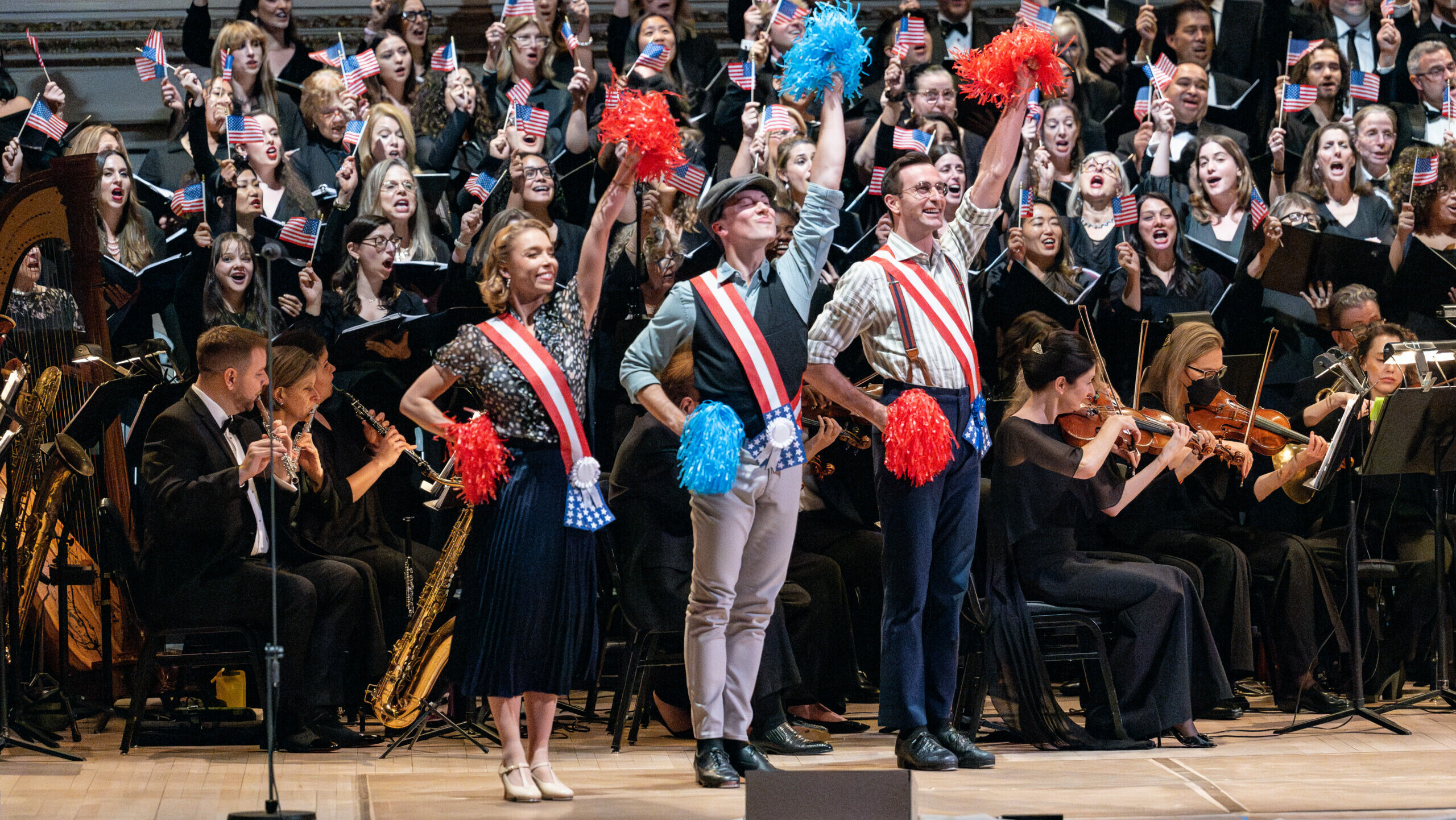
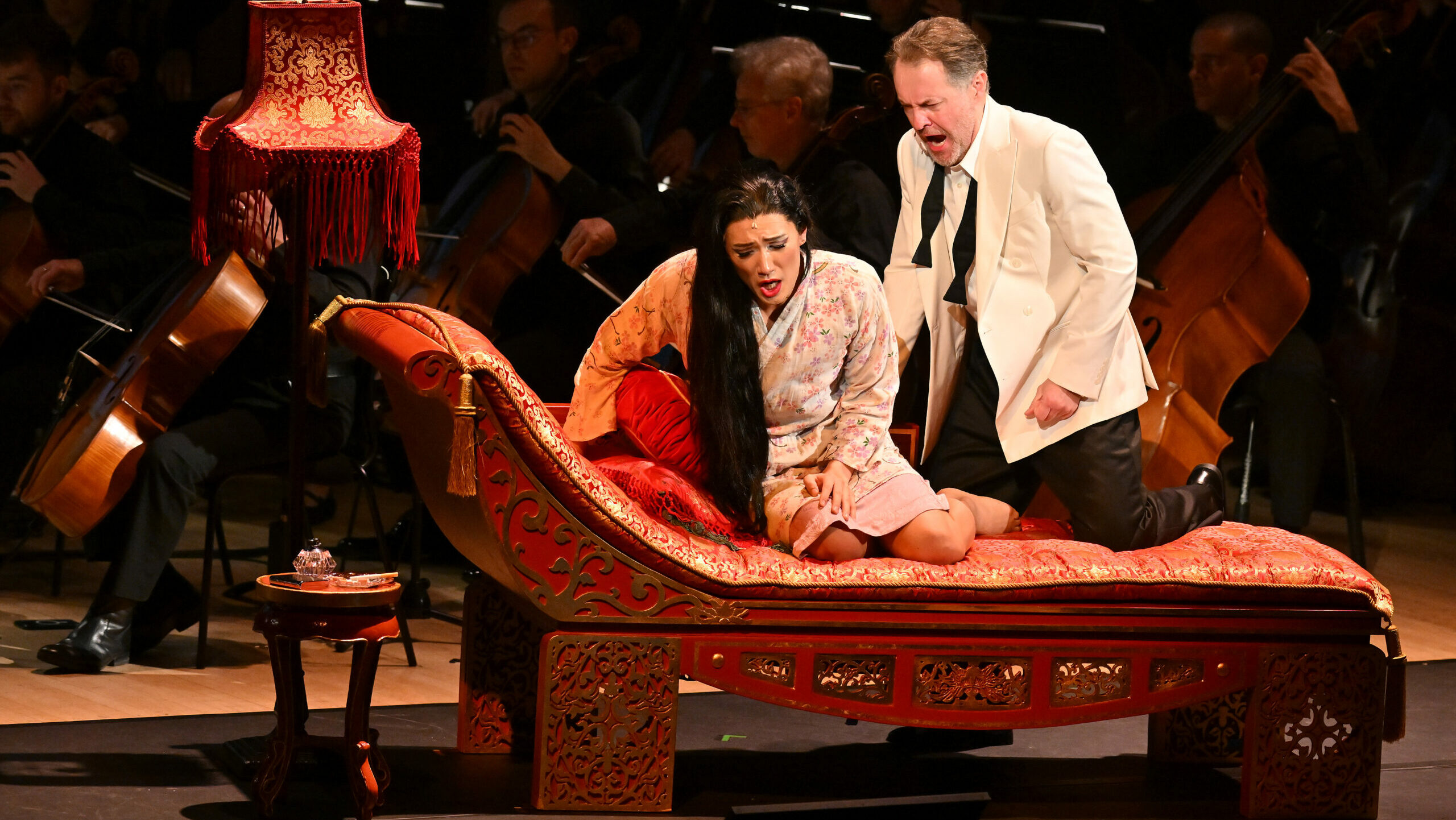










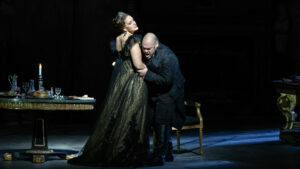
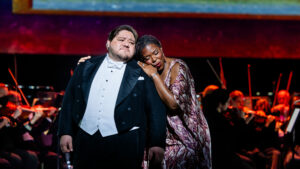




Comments